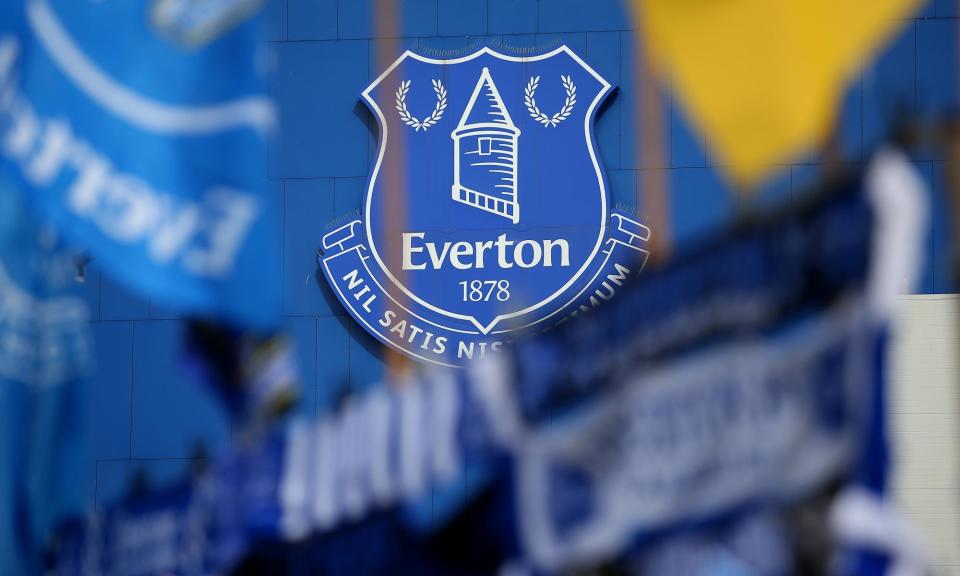What now for Everton after second Premier League charge?

Why have Everton been charged again?
According to the Premier League it is because they, and Nottingham Forest, “have each confirmed that they are in breach of the league’s profitability and sustainability rules (PSR). This is as a result of sustaining losses above the permitted thresholds for the assessment period ending season 2022-23.” Technically, the Premier League statement is correct but Everton would dispute they have confirmed any breach. Rather, they had no alternative but to submit accounts for the 2022-23 financial year in December that follow new Premier League guidelines.
The club believed they were compliant with PSR before an independent commission heard their first charge in October. The second charge covers the four-year period from the 2019-20 season to the 2022-23 season. Aggregate losses were taken for the 2019-20 and 2020-21 seasons owing to the impact of the Covid pandemic. Premier League clubs are permitted to lose a maximum of £105m over a three-season period (or four in this case). In November, Everton were deducted 10 points for a £19.5m overspend up to 2021-22 but heavy losses in the two Covid seasons, plus a £44.7m loss in 2021-22, left them at risk of a second charge once the accounting period up to 2022-23 was considered. The threat was confirmed on Monday. Everton’s latest accounts have not been published but will show losses connected to aborted commercial deals with companies connected to the oligarch Alisher Usmanov, who was subject to sanctions, and the costs of their new stadium.
What do the club say?
Everton did not hide their dismay with the Premier League and their belief that the organisation is making up regulatory practices as it goes along. A strong statement said: “The Premier League does not have guidelines which prevent a club being sanctioned for alleged breaches in financial periods which have already been subject to punishment, unlike other governing bodies, including the EFL. As a result, and because of the Premier League’s new commitment to deal with such matters ‘in-season’, the club is in a position where it has had no option but to submit a PSR calculation which remains subject to change, pending the outcome of the appeal. The club must now defend another Premier League complaint which includes the very same financial periods for which it has already been sanctioned, before that appeal has even been heard. The club takes the view that this results from a clear deficiency in the Premier League’s rules.” Everton also believe the £105m threshold is outdated and has not taken into account the inflation of wages and transfer fees over the past 10 years. The Premier League is changing the PSR rules in August.
What could the punishment be if found guilty?
A fine, a transfer embargo or another points deduction. As Everton’s statement mentions, there is no rule to prevent double jeopardy in the Premier League. Therefore, the club could be docked points for a second time this season despite November’s 10-point punishment covering 75% of the period that the latest charge relates to. Everton have spoken with the Premier League about the risk of double jeopardy and bringing in measures to prevent it, as the EFL has done, but have been informed the final decision will rest with the commission that hears their latest case.
What about Everton’s appeal against November’s points deduction?
It is no exaggeration to say that everything – from the extent of Everton’s breaches to their Premier League status – rests on the outcome of their appeal. It will not only determine the final punishment for losses incurred up to 2022 but will have a knock-on effect for the charge relating to 2023 as well. Everton’s focus is entirely on the appeal, not the ramifications of a second charge that cannot be considered until the appeal process is concluded. The club’s argument is twofold: that a 10-point deduction for a £19.5m overspend is grossly disproportionate and the commission was wrong to dismiss several of the mitigating factors Everton put forward. These include the loss of commercial deals connected to Usmanov and interest payable on loans the club maintain were taken out for the new stadium at Bramley-Moore dock. Should Everton win their appeal, and they have appointed Laurence Rabinowitz KC to lead it, then points will be returned and the mitigating factors may be used to throw out the second charge before a commission sits down to consider the case, because Everton could be compliant with PSR.
If they lose the appeal will that guilty verdict count against them?
Yes, in the sense that Everton’s defence against breaching PSR rules up to 2023 – stadium costs and the loss of commercial deals such as a £200m naming rights agreement with USM – would have been dismissed by two commissions before another convenes to hear the latest charge. Hence Everton’s anger at being charged again by the Premier League before the appeal process has run its course. Does Monday’s announcement prejudice the appeal?
How quickly is this likely to be resolved?
Under Premier League guidelines introduced in August – five months after Everton were initially charged with a single PSR breach – a resolution must be found before the end of the season in which a charge is brought. Everton have 14 days to reply to their latest charge and would ordinarily expect to discover their fate by early April, leaving time for an appeal. But Everton’s appeal against the 10-point deduction takes precedent and must be concluded before the second charge is heard. In Everton’s ideal scenario, the second charge never comes before a commission because the appeal against the first charge goes in their favour. The club is waiting to discover when the all-important appeal will take place.

